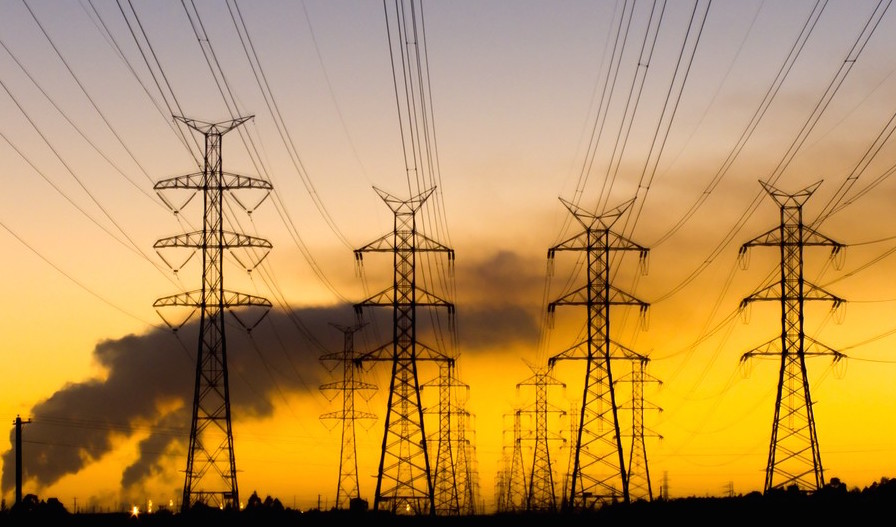Following the free fall of the naira against the United States dollar, the cost being incurred for the purchase of gas for power generation has risen by about 60 per cent, our correspondent has learnt.
Gas for power generation is denominated in the US dollar but power generation firms pay the naira equivalent.
The Federal Government had, through the Nigerian Electricity Regulatory Commission, in 2014 approved a new gas-to-power pricing benchmark of $2.50 per thousand cubic feet from $1.5 per mcf, taking effect from January 1, 2015.
Until June 20, 2016, the official exchange rate of the naira to the dollar was pegged at N197-N199/$. But following the liberalisation of the foreign exchange market, the naira has plunged to record lows in recent days.
The naira closed at 314.14 to the dollar on Wednesday at the interbank market.
The Chief Executive Officer, Eko Electricity Distribution Company, Mr. Oladele Amoda, said, “Gas cost for power generation is denominated in dollars.
“It is paid for in naira at the prevailing exchange rate. This creates more liquidity gap in the power value chain. Discos’ revenue shortfall is about N800bn and if the volatile exchange rate and low level grid power are considered, there will be a further dip by N400bn, making a total of about N1tn.
Amoda said the situation would slow down further investment in the sector, and network improvement and metering, adding, “Discos need upward review of tariff now.”
He said, “Power sector requires Presidential approval to exchange dollar at N197 to procure power equipment, cables and meters. Just as approved for the hajj pilgrims. The cost of all categories of transformers, cables, and several other electrical accessories including meter component, has almost doubled.”
The Managing Director, Transcorp Power Limited, one of the generation companies in the country, Mr. Adeoye Fadeyibi, said, “The exchange rate is affecting all of us. The cost of procuring is higher; so, the exchange rate is disturbing everybody.”
The Gencos had recently said the cost of the equipment needed to carry out repairs of turbines and associated auxiliaries in the international market had increased by about 100 per cent in the last three years, arising from the devaluation of the naira.
They said, “Given the fact that the majority of the parts and equipment procured by the Gencos are sourced outside the country, this has had significant impact on the Gencos’ purchasing power and inevitably on their ability to upgrade and maintain their various power plants.”
The firms stated that as of the time of paying for the power assets in 2013, the acquisition financing was largely sourced in dollars, to the knowledge of appropriate government and regulatory agencies.
The Gencos said, “The cost of repaying those facilities has significantly increased by about 100 per cent in the last three years arising from the devaluation of the naira as well.
“This has resulted in additional huge losses with suffocating effects on the Gencos. It is, however, important that there is special consideration for foreign exchange allocation to support the power sector.”

 Forex3 weeks ago
Forex3 weeks ago


 Naira2 weeks ago
Naira2 weeks ago
 Billionaire Watch2 weeks ago
Billionaire Watch2 weeks ago




 Naira2 weeks ago
Naira2 weeks ago




 Naira2 weeks ago
Naira2 weeks ago




 Naira1 week ago
Naira1 week ago




 Naira4 weeks ago
Naira4 weeks ago




 Naira3 weeks ago
Naira3 weeks ago






















